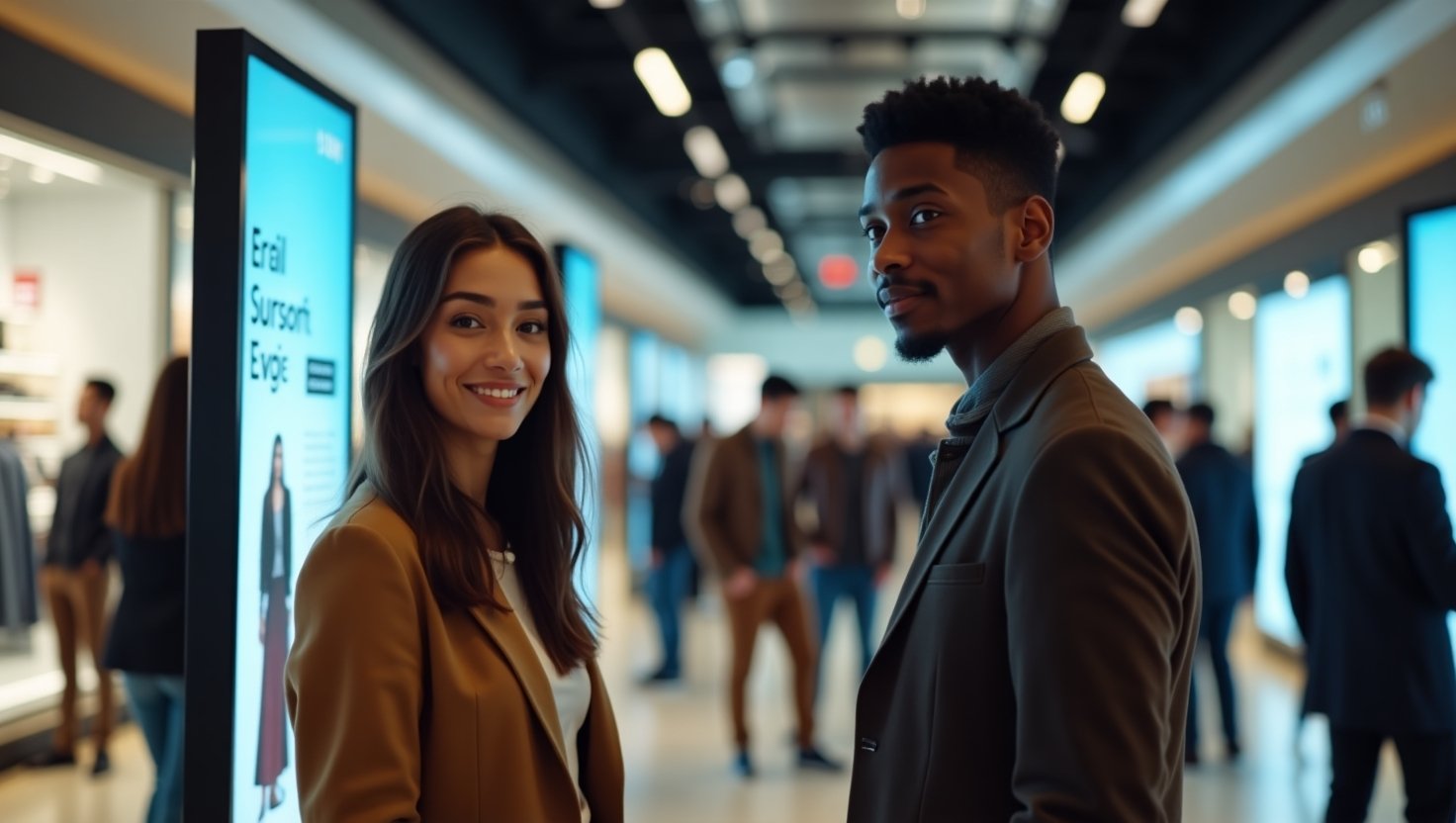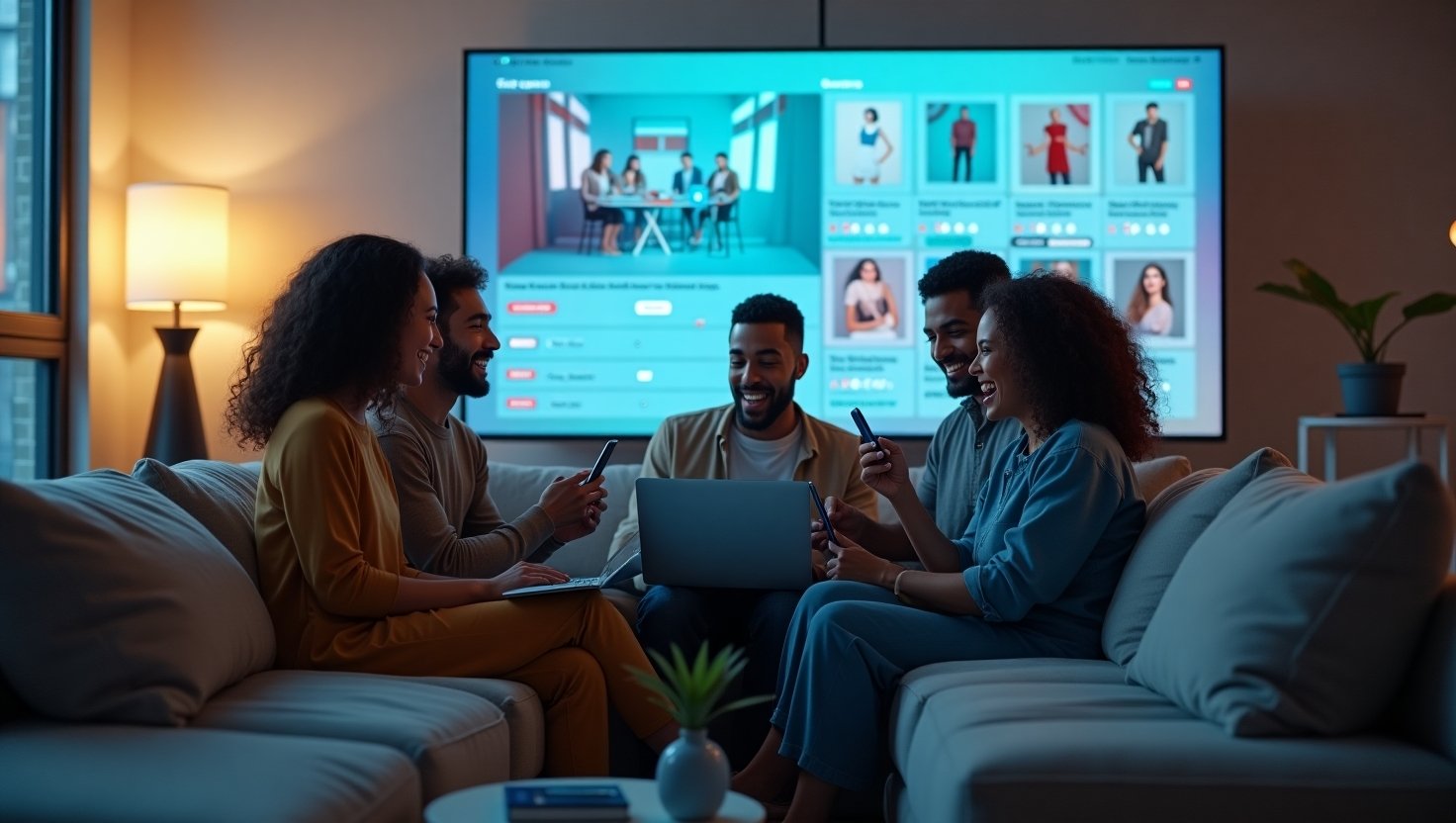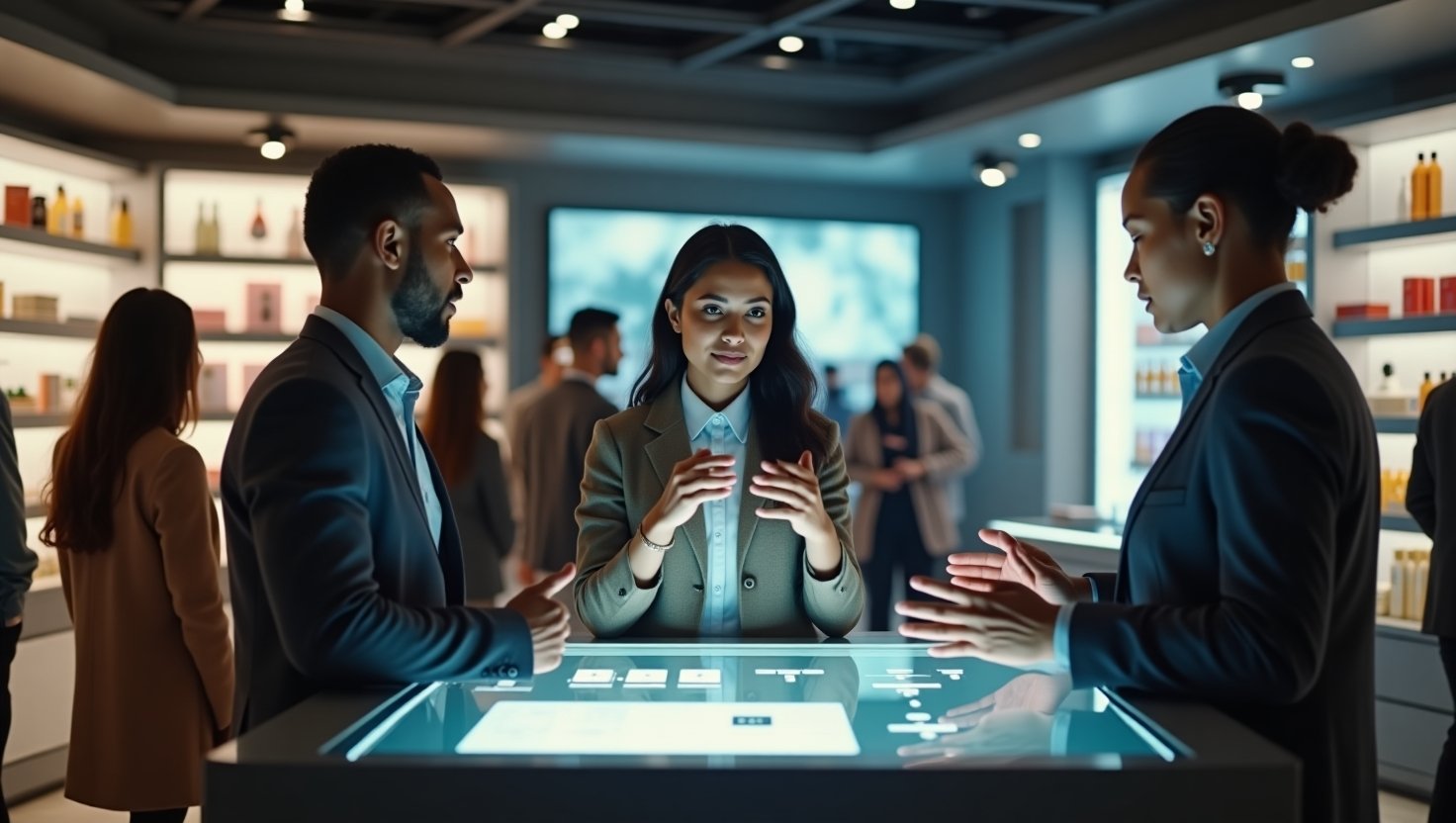The Transformative Role of AI Influencers in Retail
In recent years, artificial intelligence (AI) has not only revolutionized the retail sector but has also sparked a significant paradigm shift in consumer behavior. The interplay between AI and influencer marketing is shaping the future of retail, driving businesses to adapt and innovate at an unprecedented pace. This article delves into the transformative role of AI influencers in retail, examining the impact on consumer behavior, the integration of AI with influencer marketing, and what the future of retail holds.
Understanding the Impact of AI on Consumer Behavior
AI has become a key player in reshaping consumer behavior by offering personalized shopping experiences and creating more meaningful interactions between brands and consumers. For instance, Walmart’s launch of AI-powered shopping tools, such as personalized product suggestions and real-time item location tracking, has enhanced both in-store and online shopping experiences for consumers. According to recent data, customers using the Walmart app while in-store tend to spend 25% more than those who do not, illustrating AI’s substantial influence on purchasing behavior source.
This shift can be analogized to a skilled sommelier in a restaurant, who not only understands the patrons’ preferences but also anticipates their needs, providing tailored recommendations that enhance the dining experience. Similarly, AI tools in retail are crafting personalized experiences that mirror consumer desires, ultimately leading to higher sales and customer satisfaction.
The Role of Influencers in Retail’s AI Revolution
As AI technologies continue to evolve, influencer marketing has become a formidable companion in retail strategies. Influencers serve as the bridge between AI-driven insights and authentic consumer interactions. By harnessing data on consumer preferences and behaviors, influencers can promote products more effectively, leading to a seamless and engaging shopping journey. A podcast series by Simon-Kucher explores this dynamic, emphasizing how AI and influencers collectively transform consumer engagement strategies in retail source.
The amalgamation of AI and influencer marketing demonstrates a modern approach to retail—where data-driven insights meet the human touch of influencer communication. This synergy allows businesses to create not only informed advertising campaigns but also more relatable and impactful consumer connections.
Forecasting the Future of Retail
Looking ahead, the integration of AI and influencers in retail is set to redefine how brands approach marketing and consumer interaction. As technology advances, AI-driven personalization and influencer reach will continue to strengthen brand loyalty, optimize inventory management, and increase sales conversion rates.
Predictions indicate that AI will soon enable more immersive and interactive shopping experiences, such as virtual try-ons and augmented reality product displays. Additionally, as nearly two-thirds of consumers plan to use generative AI tools for their holiday shopping journeys this year, businesses will need to embrace these technologies to remain competitive and meet evolving consumer expectations source.
In conclusion, AI influencers are not just a trend but a transformative force in retail that is reshaping consumer behavior and prompting retailers to innovate continuously. By melding AI’s analytical prowess with the authentic connection of influencers, the retail sector can look forward to a future filled with more engaging, efficient, and personalized shopping experiences.










